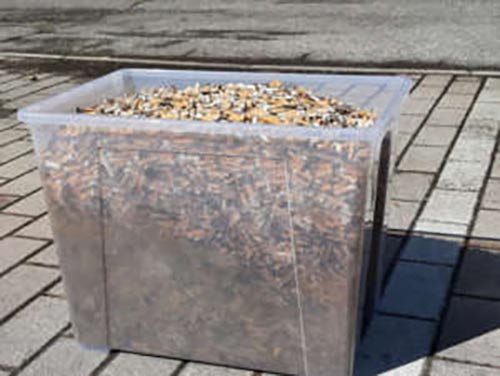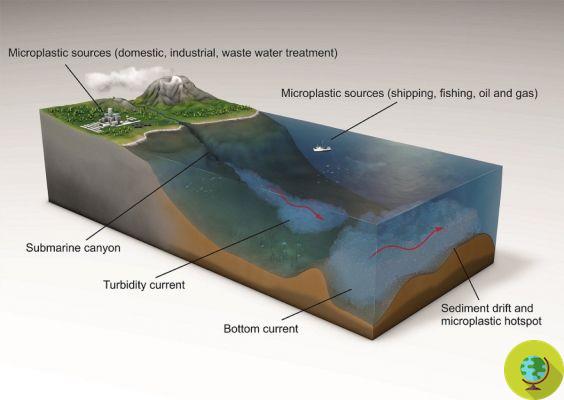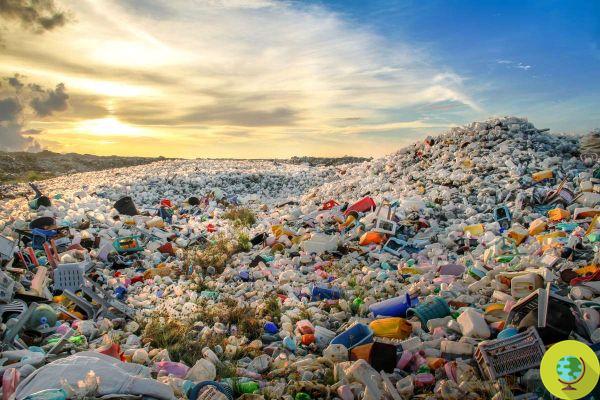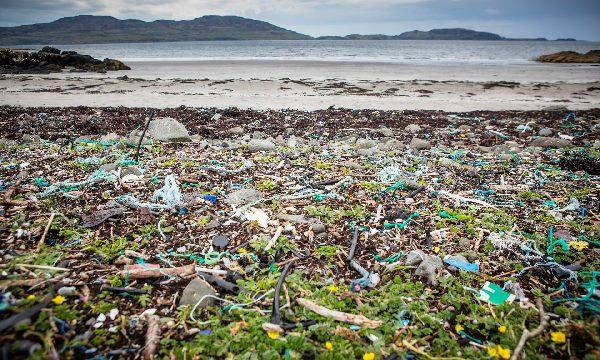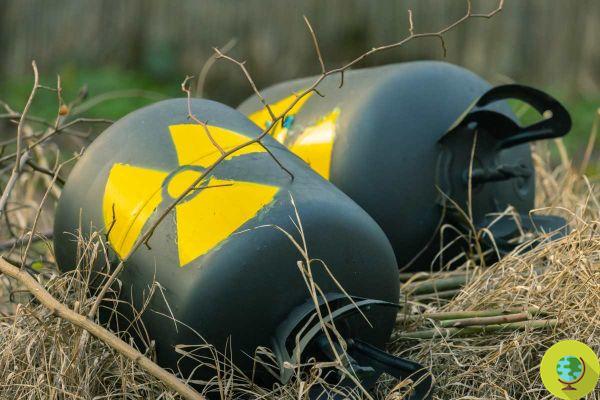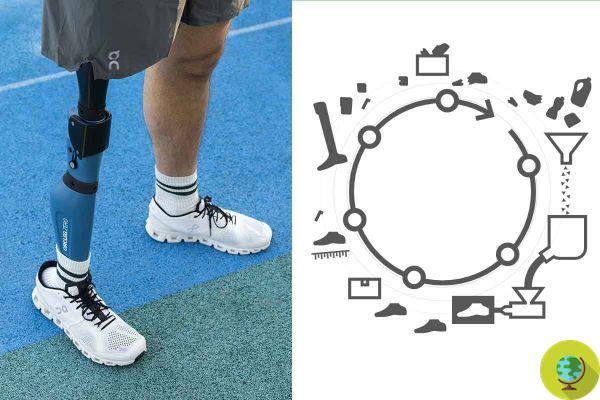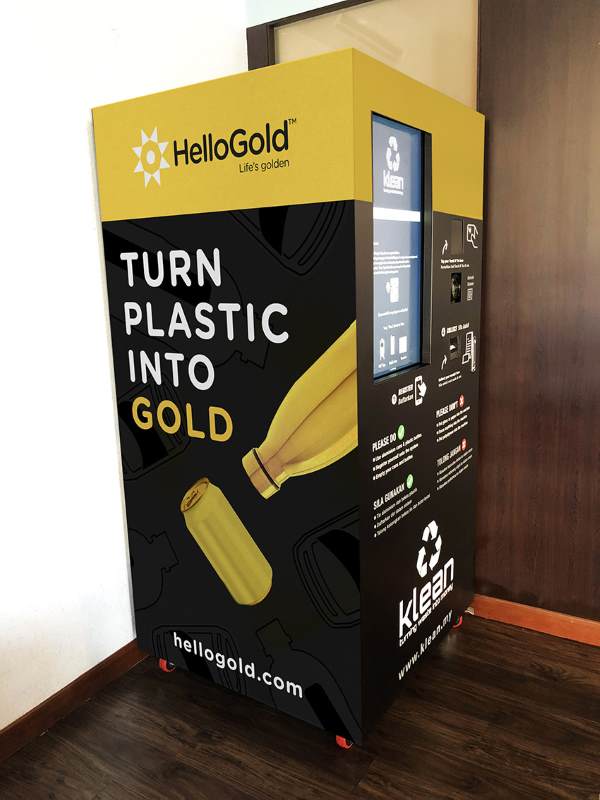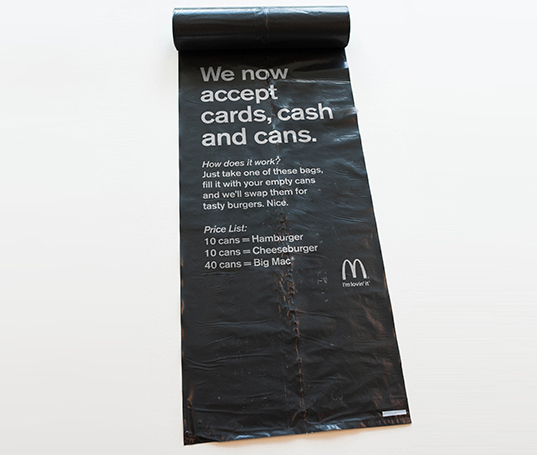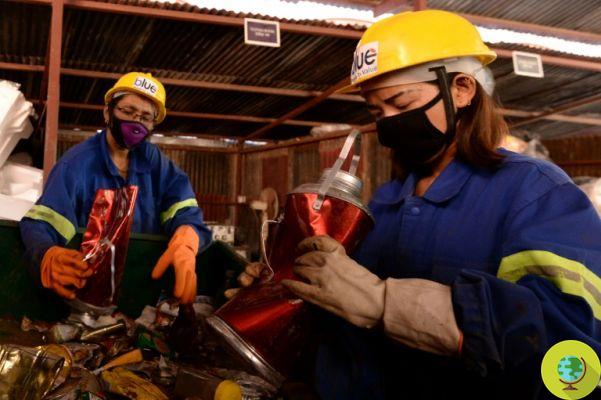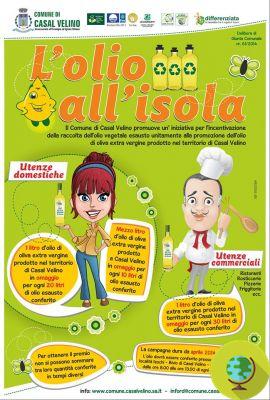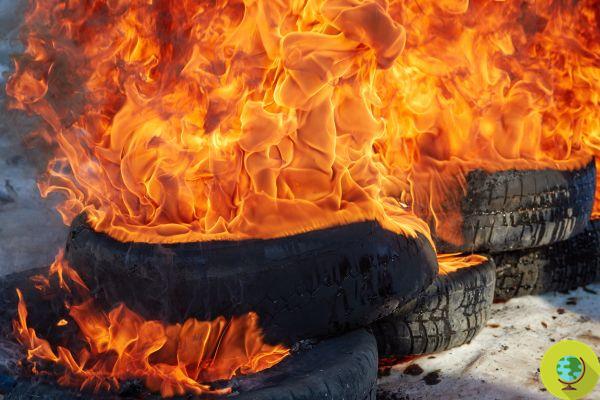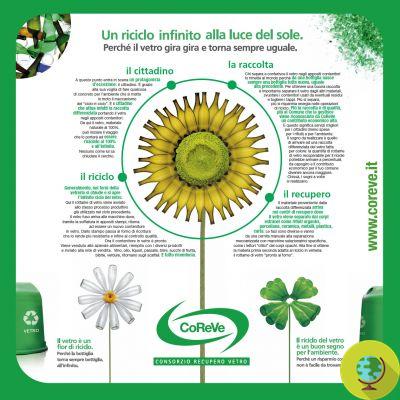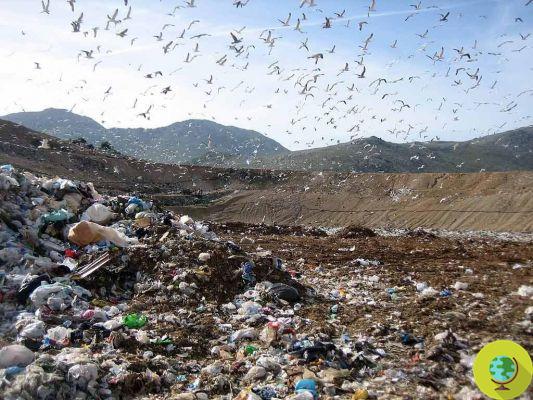A new family of enzymes transforms plant waste into valuable products such as bioplastics, nylon and non-petroleum fuels. The discovery was conducted by a research team led by the University of Portsmouth (USA) in collaboration with other US research institutes, and could pave the way for many ways of recycling plants that are no longer alive.
He is about to end up run over, his mother saves him
A new family of enzymes transforms plant waste into valuable products such as bioplastics, nylon and non-petroleum fuels. The discovery was conducted by a research team led by the University of Portsmouth (USA) in collaboration with other US research institutes, and could pave the way for many ways of recycling plants that are no longer alive.
Scientists, in particular, have discovered a class of enzymes active on the constituent elements of lignin, one of the main components of some types of plants, after decades of research by numerous scientists intent on finding a method to degrade this molecule in order to recover smaller and potentially useful chemical compounds.
Lignin is a family of gigantic and complex three-dimensional polymers that plants have developed to protect themselves, being mainly found in their cell walls and acting as a scaffold, and essential for the arrival of water. It is also the natural defense against pathogens and is present in large quantities in so-called woody plants (eg trees).
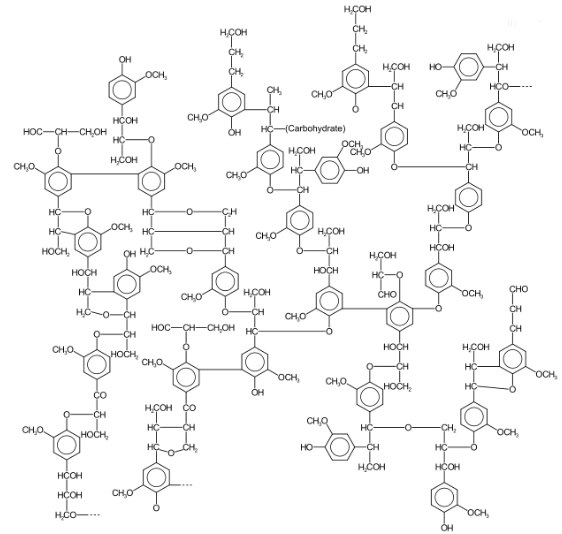 Chemical structure of lignin
Credits: Karol Głąb / Wikimedia via University of Portsmouth
Chemical structure of lignin
Credits: Karol Głąb / Wikimedia via University of Portsmouth
But above all it is one huge potential resource: lignins, as a whole, are in fact the second biopolymers synthesized on Earth by quantity after cellulose, with which they represent about 70% of the total biomass, and with which, in some cases, they form the lignocellulosa, even more difficult to degrade.
Something that could not be missed. But their complexity had made several attempts made so far in vain. "We have assembled an international team in order to find and engineer naturally occurring enzymes - explains John McGeehan, who led the research - Enzymes are biological catalysts capable of carrying out incredible reactions, degrading some of our natural and artificial polymers between the least reactive ".
And this new class manages to do what was previously impossible on lignin, solving the key step of its degradation mechanism. The results obtained provide a path to produce new materials and chemicals such as nylon, bioplastics and even the carbon fiber, and everything from what was previously a waste product.
The discovery also offers additional environmental benefits: the creation of products from lignin reduces the dependence on oil for everyday products and offers an attractive alternative to combustion, contributing to reduce carbon dioxide emissions.
Credits: SamMallinson_1080pHD_WithCaptions from University of Portsmouth on Vimeo
The enzymes discovered are in particular cytochrome P450 and they have another incredible positive side: they are able to work on a wide range of molecules (for this reason they are called "promiscuous", but in this case in a decidedly positive sense). Furthermore, they are potentially engineable and therefore it is considered possible to obtain other molecules active on other substrates.
The research, funded by the Biotechnology and Biological Sciences Research Council, the National Science Foundation and the DOE EERE Bioenergy Technologies Office, was published in Nature Communications.
Read also:
- Goodbye plastic! Developed the enzyme-based method that degrades it in 15 days
- Enzymatic detergent: the do-it-yourself recipe for cleaning with enzymes
- Produce compostable plastic from clippings of cut grass
Roberta de carolis




